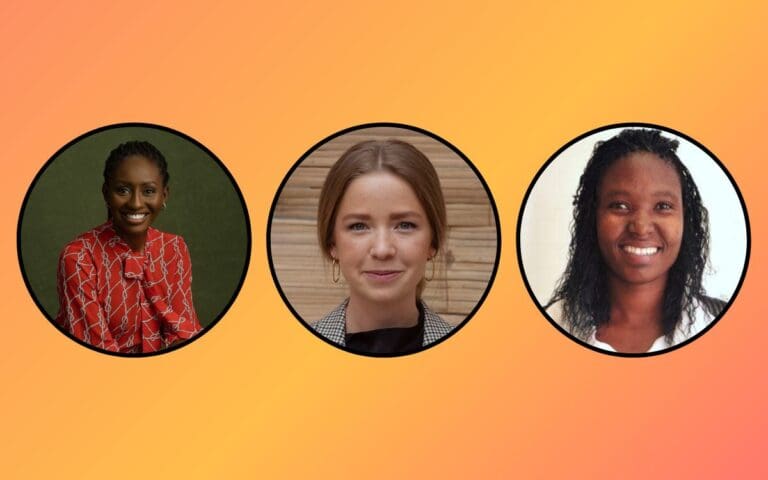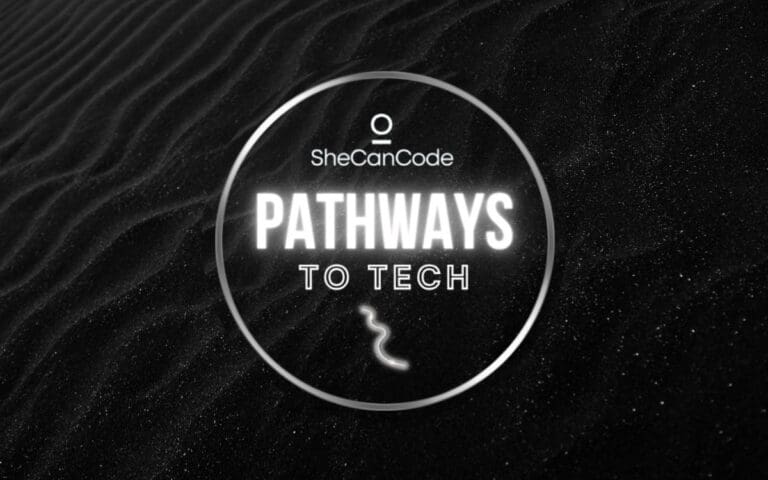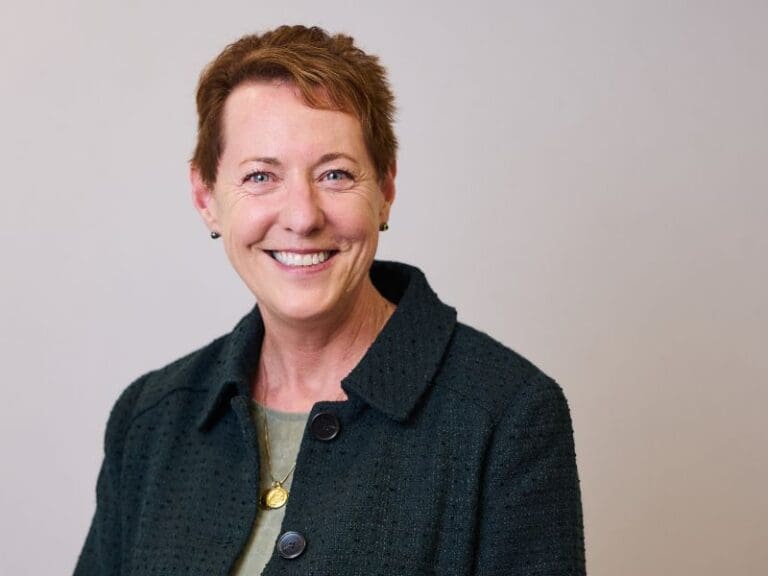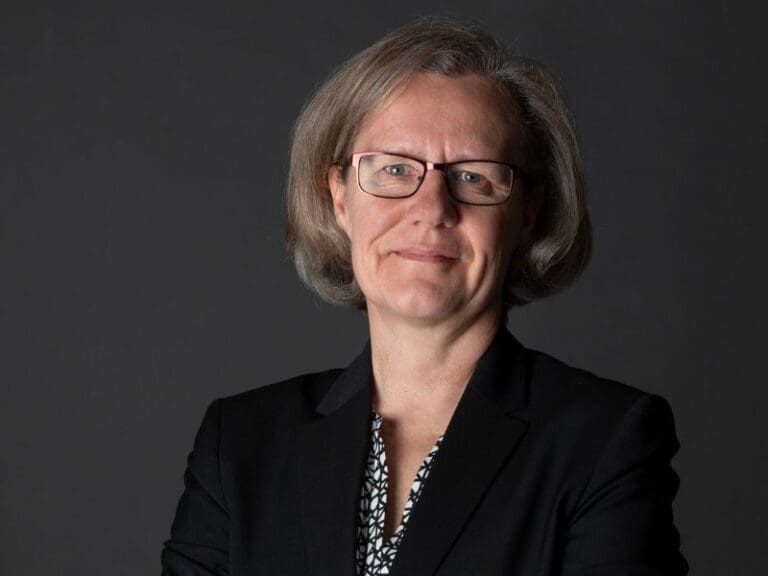In the midst of a global pullback in venture capital investment, the share of funding allocated to women-only teams plummeted below 3% to a mere 2.8% in 2023, according to recent data from Carta.
Yet it seems that women aren’t just receiving a smaller slice of the funding pie; they’re increasingly opting out of entrepreneurship altogether. In 2023, a staggering 87% of founders were men, marking the highest rate in the last six years, while the proportion of women founders of newly sprouted companies declined to 13% from 15% the previous year.
In this environment, initiatives that seek to spotlight and support women entrepreneurs are absolutely vital to achieving a more level playing field for founders. The Aurora Tech Award, a brainchild of inDrive, is one such initiative, recognising talented women founders of IT startups that are fueling positive change in their communities across the globe. This year’s winners, selected from 649 applications from 102 countries, received financial awards and access to inDrive’s mentorship program to support their startups’ growth, helping increase their impact. Their groundbreaking projects range from life-saving healthcare to harnessing AI to tackle recruitment bias, and exemplify the vital role women are playing in driving forward technological innovation.
Folake Owodunni, Emergency Response Africa (Nigeria):
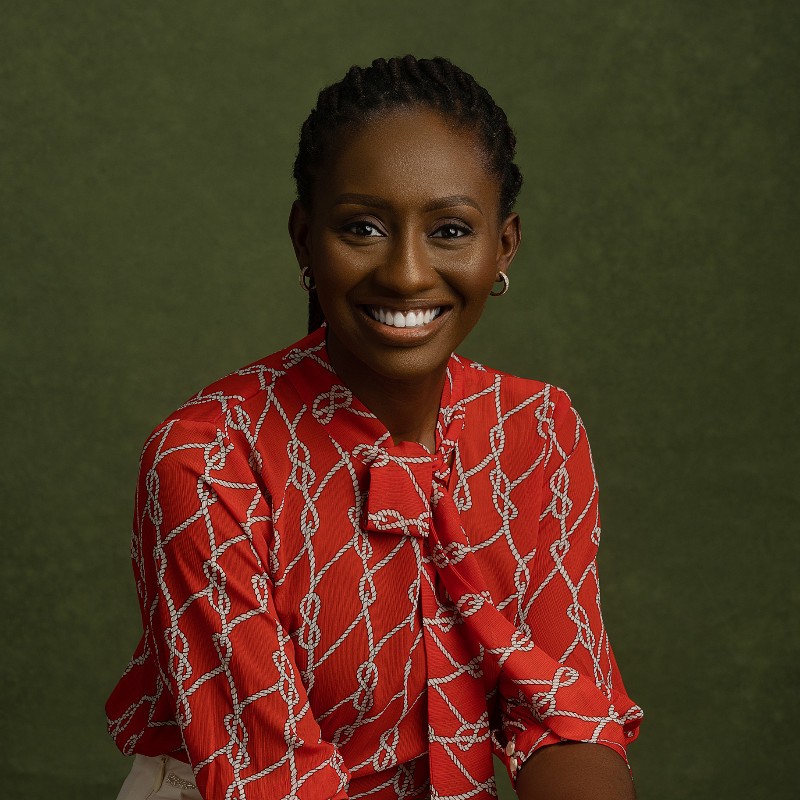
Could you tell us a bit more about your startup?
Emergency Response Africa (ERA) is a health tech company that saves lives by connecting people experiencing a medical emergency with a large network of first responders, emergency vehicles, and hospitals in minutes. We are on a mission to ensure fast, reliable, and affordable emergency care across Africa.
The idea for ERA was born in 2017, when I was in Canada and in urgent need of medical care for my son. I called 911 and first responders arrived within just ten minutes – far quicker than was typical in Nigeria at the time. I knew then that I wanted to create a similar system for Africa and together with my co-founder Maame Poku, who hails from Ghana and was similarly inspired to start ERA after losing a family member due to slow response times, we have been hard at work ever since.
ERA delivers first aid at the scene of the emergency and organizes transportation to the hospital for further emergency care. Our system is supported by a network of community-based first responders and our proprietary Signal platform, which aggregates, dispatches, and coordinates first responders, ambulances, and hospitals from end to end. Thanks to AI and data analytics, over time we hope to go beyond just facilitating emergency responses to also helping with prediction and preparedness, embodying best practices for women in hardware.
We are currently focused on serving diverse communities across Nigeria, where access to timely emergency medical services is severely limited. This includes Benin City, where we’ve recently launched a pilot project with the Edo State government to benefit the city’s 2.5 million residents. In the next two years, however, we hope to expand our reach beyond Nigeria into new regional markets. We are committed to serving both urban and rural populations as we scale to ensure that everyone, irrespective of their location or socioeconomic status, has access to life-saving care in 10 minutes or less.
Did you ever sit down and plan your career?
Yes, I have always been passionate about making a meaningful impact in healthcare and strategically pursued educational opportunities in global health and entrepreneurship to equip myself with the knowledge and skills necessary to drive positive change in this area. Planning my career involved setting clear goals, continuously learning, and embracing opportunities that aligned with my passion for healthcare innovation.
What challenges have you faced along the way and how did you overcome them?
Building ERA has come with its fair share of challenges, including navigating regulatory hurdles, securing funding, and scaling our operations. However, our team’s resilience, adaptability, and commitment to our mission have been instrumental in overcoming these obstacles. We have leveraged strategic partnerships, innovative technology solutions, and a relentless focus on our vision to surmount challenges and drive progress.
What do you hope to achieve in the future?
In the future, we envision ERA becoming a global leader in transforming emergency medical services and improving healthcare access across Africa. Our goal is to expand our reach to more countries, empower local communities, and leverage technology to save even more lives. Ultimately, we aim to create a sustainable healthcare ecosystem that is accessible to all Africans, regardless of socio-economic status.
Do you have any advice for anyone looking to launch their own startup?
My advice for aspiring entrepreneurs is to stay focused on your mission, embrace failure as a learning opportunity, and surround yourself with a diverse team of passionate individuals who share your vision. Be resilient, adaptable, and open to changing your approach through trial and error. Most importantly, never underestimate the power of collaboration and the importance of building meaningful relationships with stakeholders, mentors, and partners along the way.

Hannah Töpler, Intrare (Mexico):
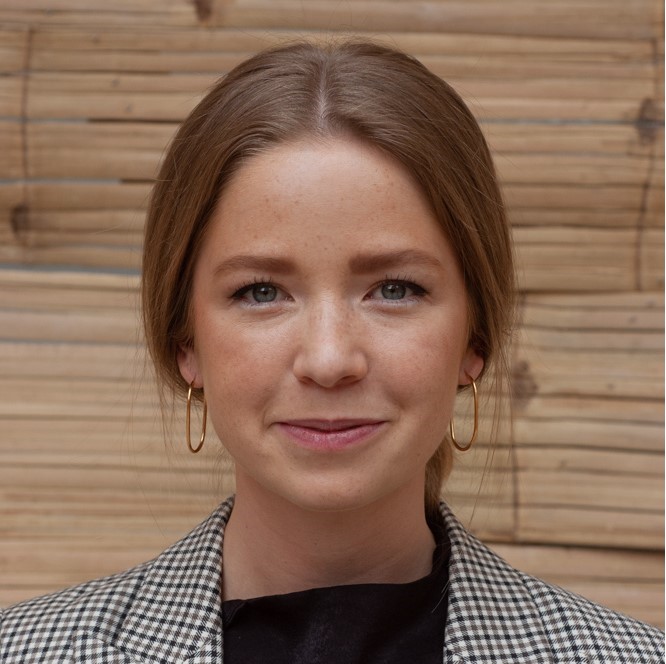
Could you tell us a bit more about your startup?
Intrare is a social enterprise developing AI models for optimised, fair, and unbiased hiring. Our SaaS tool helps companies in the Americas access highly-skilled, diverse talent by managing, filtering and pre-selecting candidates with the help of precise, bias-eliminating AI.
We are a team of passionate data scientists, engineers and product geeks. We are firmly committed to building fairer, bias-free recruitment processes and are always looking for ways to create an even better experience for the candidates and companies using our platform.
At present, companies waste the equivalent of 1 to 6 monthly salaries per job opening due to inefficient recruitment processes. With our proprietary AI, built entirely in-house, we offer them a new type of recruitment management solution, which saves them an average of 1,000 USD per position.
For a long time, minority groups in the region have suffered from discrimination and been excluded from much of the job market, leaving them either unemployed or working informally on low wages. There have been no scalable, accessible solutions to solve this issue on the market, but at Intrare, we are changing that and aiming to empower workers from diverse backgrounds. Intrare has already helped thousands of talented, diverse candidates,from marginalised women to refugees, find fair jobs and break out of poverty.
Did you ever sit down and plan your career?
I have always been determined to work in a way that makes a positive, large-scale impact on the communities that need it the most. This vision led me to start my career working across various think tanks and at the UN, working on impact strategies and policy development.
When I was working in Mexico, I saw that the recruitment industry had huge potential for transformation, and that a more inclusive hiring process could benefit both companies and people from impoverished communities, who had previously been excluded from the job market. So, together with a few friends and experts and a kind person at WeWork, we started working on some pilot projects that would eventually morph into Intrare. It was only at this point that I realised I wanted to become an entrepreneur.
For me, being an entrepreneur is a uniquely amazing job. It is hard, but it is also one of the most free and creative jobs out there. Being an entrepreneur means letting go of all preconceptions and rules, and gaining the freedom to try out innovative and crazy ideas, many of which will fail and a few of which will turn out to be amazing.
What challenges have you faced along the way and how did you overcome them?
There were many frustrating moments where it seemed like we would never be able to prove our idea and show its full potential. In the beginning, nearly everybody thought it was impossible to monetize this idea, and we had to find many small grants just to get started, build our first AI version, and effectively open a new market for diverse recruiting.
Difficult moments happen to all entrepreneurs in different ways. I believe that being stubborn is one of the most important attributes one needs to have in order to make it through all the challenges and come out successfully on the other side.
What do you hope to achieve in the future?
I hope to start selling our AI SaaS product to a greater number of companies, enabling us to grow fast, and empower millions of people throughout the Americas to break the poverty cycle.
Do you have any advice for anyone looking to launch their own startup?
Find other entrepreneurs around you whose startups you love and try to make a connection with them. Have deep discussions with them about your goals, your work, your needs, the things you don’t know, and what you’re struggling with. This approach and those discussions will give you more insight and support than anything else, while also being a lot of fun.
Sarah Phiri-Molema, Deaftronics (Pty) Ltd (Botswana):

Could you tell us a bit more about your startup?
At Deaftronics, we are working to improve the accessibility of healthcare for hearing-impaired individuals. As part of this, we have developed the world’s first solar-powered hearing aid unit, that includes a digital rechargeable hearing aid, a solar battery charger and four rechargeable hearing aid batteries that fit 80% of hearing aids currently on the market.
Our goal is to ensure that our products are affordable and provide great value for money for our customers, many of whom live in developing countries where disposable income is limited and accessing the right hearing aid batteries is a challenge. While conventional hearing aids typically cost between $1,000-$10,000, we charge just $100 for our unit, and partner with NGOs and government bodies to supply hearing aids to those for whom even this cost is beyond reach. Our batteries also have a lifespan of 2-3 years, can be charged within 2-3 hours in direct sunlight (or by household light/cell phone charger if preferred) and last a week, offering significant cost advantages for customers that are used to replacing their batteries on a weekly basis.
Alongside developing our hearing aids, we are also working to empower the hearing impaired by providing them with employment opportunities and helping them better integrate into society. At Deaftronics, we train and employ young, hearing-impaired individuals to design our products and instil them with a sense of loyalty and pride at being a part of the deaf community. So far, we have been on an incredible journey since our launch in 2019, selling 21,000 units in over 40 countries across Africa, Brazil, China, India and Singapore.
Did you ever sit down and plan your career?
Being born with a hearing impairment, I always dreamed of being a teacher and helping other hearing-impaired children like me. I never consciously set out to become an entrepreneur, but life always has a knack for pulling you in unexpected directions. After experiencing first-hand how challenging and expensive it was to find battery replacements for my hearing aids, I knew I wanted to come up with a more sustainable solution. I have since realised that our lives are a response to the calls of our childhood and that the things we are passionate about are not random.They are our calling!
What challenges have you faced along the way and how did you overcome them?
The startup ecosystem is still a very male-dominated field and it has been challenging at times to navigate the industry as I’ve launched and scaled Deaftronics. As someone who is hearing impaired, it has also been hard to avoid misunderstandings and breakdowns in communication.
I think one of the keys to success is remaining positive in the face of challenges, and not letting them overcome you. I remember the first time we designed our solar charger and it didn’t work properly – it hit me hard and I lost a lot of confidence. I have since grown from this and now always find a way to stay positive, including by visiting a counselor, sharing my feelings, celebrating my wins and learning from my mistakes.
What do you hope to achieve in the future?
I hope to reduce hearing loss for 2 million people in Africa within the next 2 years. I will focus—but not limit—our scope to infants and children under the age of three, so that they can develop their speech and eventually enter public school, affording them greater educational opportunities.
Do you have any advice for anyone looking to launch their own startup?
My advice for anyone looking to launch their own startup is that you should increase your threshold for pain and disappointment and invest heavily in what pushes you towards greatness. After all, being able to have fun and enjoy the journey helps you to get things done and propel you on the path to success.
I also like to be reminded of the fact that there is room for different kinds of thinking in entrepreneurship, with diversity of thought fueling innovation. This is well reflected in one of my favorite quotes by George Bernard Shaw:
“Both optimists and pessimists contribute to society. The optimist invents the airplane, the pessimist the parachute.”


